Spiders prefer dark, quiet areas, so keeping your home clean is important. Porches, sheds, and garages are all locations that need immediate care because spiders love them. There are a variety of plants and essential oils that can be used to get rid of spiders.
How to get rid of spiders naturally? You can get rid of spiders naturally by using vinegar and mint. Spiders also hate the smell of peppermint oil, chestnuts, coconut oil with vinegar, eucalyptus, citronella, lavender, tea tree, cinnamon, citrus, and cedar. You can make a repellant spray out of this to repel spiders.
Spiders rarely hurt people, but they are essential in controlling flies, flying insects, and mosquitoes. If you’re worried about spiders and want to get rid of them from your property, follow the procedures indicated in this article.
What Attracts Spiders to Your House?
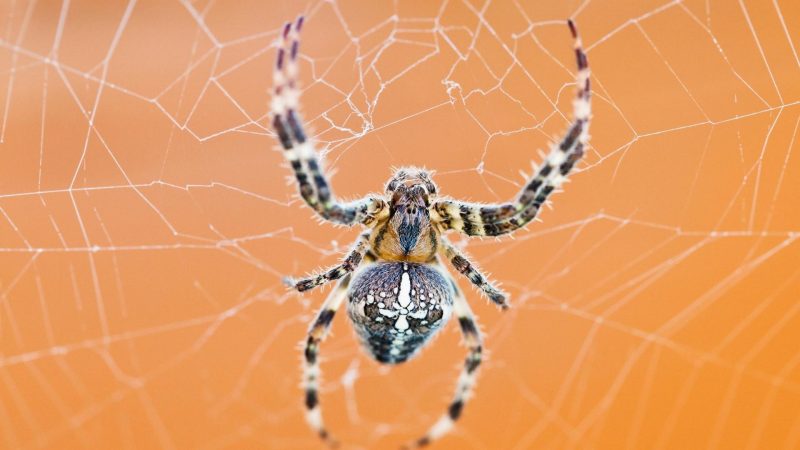
Here are a few of the reasons spiders may invade your home.
- Food and Water: If there is food or moisture in your home, spiders will enter. Since spiders eat insects, pest-proofing your home is essential.
- Areas that are dark, quiet, and hidden: With a preference for dark and quiet spots, areas in your house such as the basement, crawl spaces, attics, and garages may provide perfect conditions for a spider.
- Easy access: Spiders seek cover in various places, including woodpiles, sheds, leaves, and debris.
- Areas damaged: Spiders may quickly enter your house through cracks, holes, open doors and windows, and other spaces.
What Are Spiders Afraid Of?
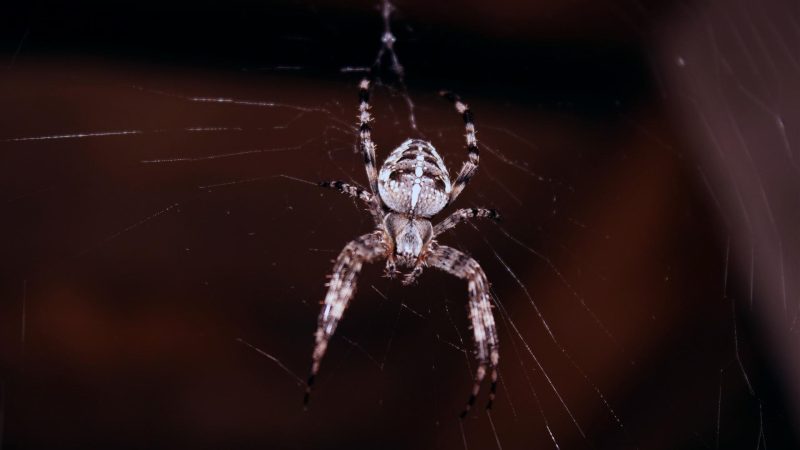
The majority of spiders are tiny. They are particularly vulnerable. It would be simple to smash the spider. As a result, when a spider detects anything bigger towards it, it tends to escape.
Reasons to Keep Spiders Out of Your Yard
Spiders frequently weave webs out of garden plants by attaching sticky traps to one plant after another. Walking through your garden or yard while avoiding getting trapped in the spider’s webs can be difficult if there are too many webs there. Although they won’t hurt your plants, the webs might obscure and conceal your flower petals.
Spiders can enter your kitchen through small fissures and windowsills because leftovers and unclean dishes attract them to those areas. They have the ability to create cobwebs within closets and other rarely frequented areas if they are not controlled. Thus, seal any entry spots into your home.
Additionally, there are some toxic species. Black widow, wolf, and brown recluse spiders are among the venomous spiders. These spiders can attack people who may need medical assistance.
What Kills Spiders Naturally?

Try any of these natural, safe, and efficient methods of keeping these spiders away.
Vinegar
Vinegar spray, particularly for spiders, can be used as an organic pest control method. While it is safe for humans, it contains acetic acid, which gives it a sour taste and odor to which spiders are extremely sensitive.
To use, fill a spray bottle halfway with vinegar and halfway with water. Spray throughout your house, focusing on the kitchen and any places where spiders may enter.
Related: Vinegar As Spider Repellent: How To Use Vinegar To Get Rid of Spiders?
Mint
Mint is a natural insect repellant that works well. Most bugs, including spiders, dislike mint. Your property will also smell minty fresh as a benefit. You can crush dried mint leaves and store them in little sachets in your kitchen. Also, you may use mint tea bags if you don’t have fresh mint.
Planting mint leaves near your entryways is another excellent method to keep pests out of your property.
What Natural Smells Do Spiders Hate?
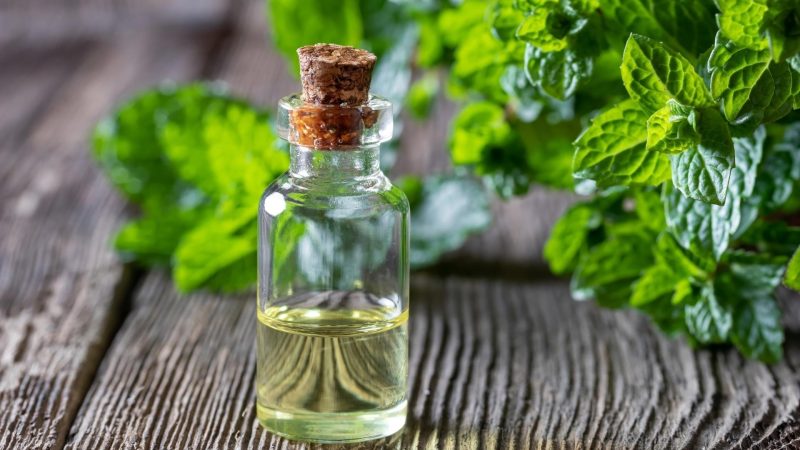
Spiders use their keen ability to smell between edible and non-edible objects and locate potential mates. Mint, vinegar, cayenne pepper, citrus, and chestnut are among the scents that repel spiders. The additional smells that repel spiders are listed below, along with the best strategy for using them.
Peppermint Oil
Peppermint oil may be used to kill spiders. It’s a well-known natural treatment for preventing pests from invading your property. Because the smell of peppermint oil repulses spiders, many consumers have had success keeping them away.
All you need are 1/2 cup white vinegar, 1 1/2 cup water, and 20 drops of peppermint essential oil. After you’ve given the mixture a good shake and identified the issue spots in your home, it’s ready to use.
Related: Does Peppermint Oil Repel Spiders? | All You Need to Know!
Chestnuts
Spiders are known to be repelled by chestnuts. Chestnut’s natural oil repels spiders, making them ideal for usage in the house. Place fresh chestnuts along the baseboards of the rooms in your home to act as a spider repellent. You can also use them to keep spiders out of your house by placing them on windowsills and near doorways.
Coconut Oil and Vinegar
Clean away the cobwebs and spray the area with vinegar and coconut oil. This all-natural combination will drive any spider away and keep them gone for good.
Combine equal parts of vinegar and coconut oil in a spray bottle. If you see spiders or spider webs, spray this mixture on them. You can spray as often as required or keep this mixture at cracks and openings as a preventative measure.
Eucalyptus
Humans love the aromatic fragrance of eucalyptus, yet it repels spiders without hurting them. The smell also repels insect pests such as cockroaches, fleas, mosquitoes, silverfish, and flies.
In a spray bottle, combine 1/4 teaspoon of eucalyptus oil with one cup of water to make a repellent spray. Shake thoroughly to combine ingredients, then apply to locations where spiders have been spotted. Shake the oil before each application since it will separate from the water.
Citronella
Citronella not only repels spiders but also repels mosquitoes. To produce your citronella spray, you’ll need a spray bottle, lemon-scented dish soap, and water. Fill the spray bottle with about 4 cups of water.
After that, add 5 drops of citronella oil and 1 to 3 drops of lemon-scented dish soap. Close the spray container and thoroughly shake the ingredients. Target infected areas for treatment with this spider-repellent combination.
Lavender
Lavender is a natural spider repellant that may be used both indoors and outdoors. In a spray bottle, combine 10 drops of lavender oil and 2 cups of water. To make the oil mix with the water, add a drop or two of dish soap. In the area where the spider is visible, spray the mixture.
Tea Tree
Tea tree oil is used as a cleaning agent and a cosmetic product because of its antimicrobial and antifungal qualities. Spiders are repelled by their scent and content.
In a spray bottle, combine 7 drops of tea tree oil, 5 drops of dish soap, and water. Spray it in spider-infested areas.
Cinnamon
Cinnamon is an effective insect repellant, especially for spiders. It may be used to repel insects in two forms: cinnamon powder and cinnamon essential oils. To keep spiders from creating webs, sprinkle cinnamon powder in the cracks and crevices of your home.
A spray made from a few drops of cold-pressed cinnamon oil and water can also be used. Shake well before spraying around various hiding spots, including fences, patio decks, behind patio furniture, storage bins, or any warm damp location they may hide.
Citrus
Citrus repels spiders, and lemon is an excellent example of citrus. Rub lemon peel on windowsills, bookshelves, and other areas where spiders could congregate. Some users use lemon peel to massage around door frames and garage doors to prevent the spider in their property.
Cedar
Spiders dislike the scent of cedar, so placing cedar mulch around the property can deter them from entering. If you don’t want to use cedar mulch, you may spray your property with a few drops of cedar essential oil mixed with water regularly. Cedar is a great spider repellant and may be used as a natural treatment around your property.
What Are Plant-Based Insecticides? Does It Work on Spiders?
Insecticides derived from plants are a vital component of organic pesticides. Neem extracts, pyrethrin, and pyrethrum are examples of botanical pesticides.
Plant-based pesticides operate by disrupting a spider’s neurological function, resulting in a rapid and painless death. It may also be used as a spray to kill flies, ants, roaches, and mosquitoes in your house. Make sure you read the provided instructions before using a plant-based insecticide.
Which Plant Keeps Spiders Away?
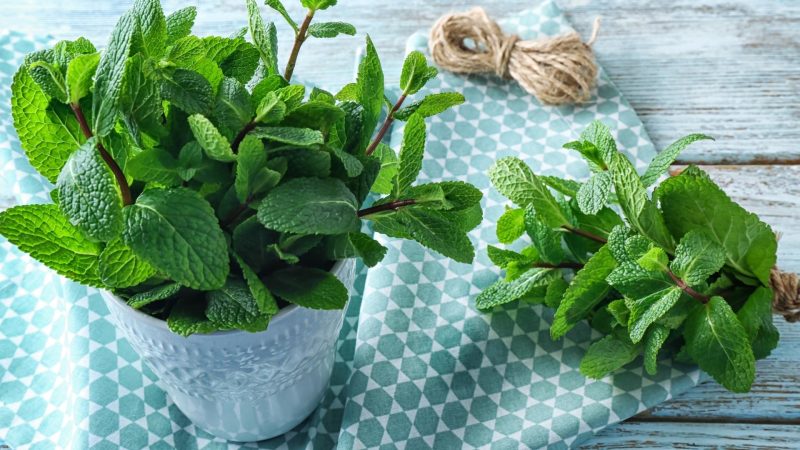
It’s a common idea to use plants to help manage insect pests. However, it’s more typical to use them to get rid of flying insects like mosquitoes. Here are a few spider-repelling plants.
Eucalyptus
Eucalyptus has such a strong odor that it repels spiders and other pests and insects. Since eucalyptus is a tree, you must take precautions while selecting a placement at your property. You can grow a tiny, healthy potted tree.
Lavender
We use lavender in many perfumes and air fresheners since it has lovely smells. It’s a good thing that spiders despise the odor. It’s simple to cultivate outside because it flourishes with water and enough sunlight.
You may plant it in flower beds around the home, in pots on the front patio and rear deck, or in pots indoors. A window sill is an ideal location since it is a common entry site for spiders.
Lemongrass
The lemon-scented leaves are well recognized for their ability to repel a variety of flying insects and spiders. Its lemon fragrance repels mosquitoes and a variety of other flying insects, reducing the number of possible food sources for spiders.
Lemongrass may be grown in pots to be readily moved indoors when the weather turns bad. It demands a steady supply of water and well-drained soil to flourish.
Lemon Balm
It is a home plant that is effective at repelling spiders and fruit flies. Spiders despise anything that has a citrus scent to it and finds it irritating. Thus, it acts as a natural repellant. It is simple to grow. Just make sure it receives enough sunlight and that the soil drains properly.
Lemon Verbena
This plant is tall with thick, glossy leaves with a sharp curve and may grow 6 to 9 feet tall. Lemon verbena repels spiders and other bugs that spiders hunt away since they can’t handle the scent. It may be used as part of your landscaping or near your property entryway to help keep pests out.
Mint
It contains the aromatic fragrance of this spider-repelling herb, and it smells lovely to us. To keep spiders out, place plants around your entrance, windows, and terrace. Another alternative is to spread dried mint leaves or sachets throughout your home.
How to Make a Natural Spider Repellent Spray?
A natural spider-repellent spray deters and kills spiders on several levels. For instance, the scent of essential oils intensifies spiders, making them an efficient and natural spider repellent. Acetic acid can be found in white vinegar, which kills spiders when it comes into touch. Lastly, a drop of dish soap in the mix helps break up the oil and water, allowing them to combine more effectively.
Here are all of the ingredients you’ll need:
- 1 tbsp dishwashing liquid
- White vinegar, 1/3 cup
- 1 and 1/2 cups of water
- 10 drops of essential oil of your choice
- 5 drops essential lavender oil (optional if you want aroma)
Fill the spray bottle with water, vinegar, dish soap, and essential oils. To combine the contents, shake the bottle thoroughly. Spray it around entrances, windows, and other possible entry points for spiders. You may also use it to kill spiders by spraying it straight on them.
Diatomaceous Earth as a Pesticide for Spiders
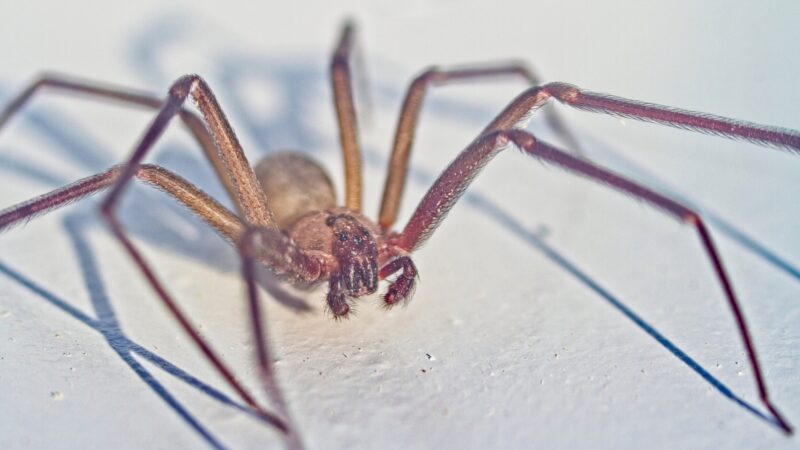
It’s easy to apply diatomaceous earth to spiders. Simply apply a thin layer of repellent to any areas where spiders may cluster or travel. It’s important to remember that the area where diatomaceous earth is applied should be as dry as possible.
Although the product is harmless, using a mask when applying diatomaceous earth is recommended since the dust particles are easily inhaled and cause irritation.
List of Sources
Potter, M. F. (2018). Eliminating Spiders Around Homes and Buildings. University of Kentucky.
Plant-Pesticide Interaction. (2020). National Pesticide Information Center.
Spiders. (2021). National Pesticide Information Center.
- How to Get Rid of Copperheads | Practical Guide - August 27, 2023
- How to Get Rid of Corn Snakes | What Makes Them Aggressive? - August 27, 2023
- How to Get Rid of Alligators | Safety Measures and Removal Methods - July 16, 2023
